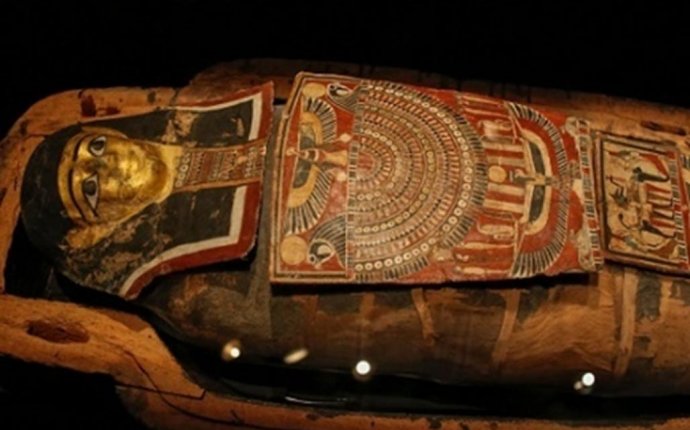
Ancient Ayurvedic Medicine
|
Ayurveda is an ancient system of life (ayur) knowledge (veda) arising in India thousands of years ago. Ayurveda theory evolved from a deep understanding of creation. The great rishis or seers of ancient India came to understand creation through deep meditation and other spiritual practices. The rishis sought to reveal the deepest truths of human physiology and health. They observed the fundamentals of life, organized them into an elaborate system, and compiled India's philosophical and spiritual texts, called Veda of knowledge. Ayurveda was first recorded in the Veda, the world's oldest existing literature. The three most important Veda texts containing the original and complete knowledge of Ayurveda, believed to be over 1200 years old, is still in use today. These Ayurvedic teachings were customarily passed on orally from teacher to student for over 1000 years. The wisdom of Ayurveda is recorded in Sanskrit, the ancient language of India that reflects the philosophy behind Ayurveda and the depth within it. Ayurveda greatly influenced health care practices in the east and the west. By 400 AD Ayurvedic works were translated into Chinese; by 700 AD Chinese scholars were studying medicine in India at Nalanda University. Chinese medicine, herbology and Buddhist philosophy were also impacted by Ayurvedic knowledge. Having passed the test of experience it remains essentially the same now as at its inception, although numerous commentators over the centuries have added insight with their analyses. The philosophy of Ayurveda teaches a series of conceptual systems characterized by balance and disorder, health and disease. Disease/health results from the interconnectedness between the self, personality, and everything that occurs in the mental, emotional, and spiritual being. To be healthy, harmony must exist between the purpose for healing, thoughts, feelings and physical... |
||














